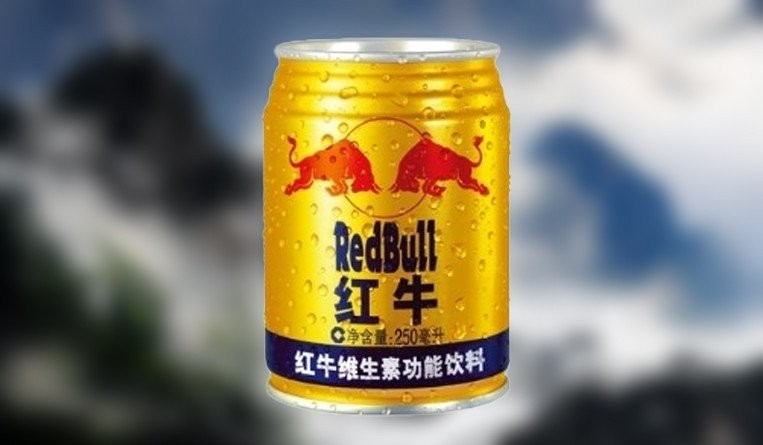Nina Li, Partner and Trademark Attorney, IP March, says that to avoid such disputes, the contract should always clearly stipulate the responsibilities and obligations of each party, no matter which country the party comes from.
“According to Chinese Trademark Law, without obtaining licensing from the registrant of the registered trademark, using a trademark that is identical with a registered trademark on the same kind of goods, using a trademark that is similar to a registered trademark on the same kind of goods and is likely to cause confusion, or using a trademark that is identical with or similar to the registered trademark on similar goods and is likely to cause confusion shall constitute an infringement on the exclusive rights to the use of a registered trademark,” she says. “Thus, generally speaking, identical trademarks can co- exist in respect of dissimilar goods/services. However, if the trademark is a well-known mark in China or some other party or someone who enjoys prior other rights on the mark, such as name right on a wordmark or copyright on a logo, and the use or registration of a mark may cause confusion to related consumers, it’s less recommended to use or apply registration of such mark even in dissimilar goods and services.”
She adds that as long as a contract needs to be signed and trademark will be involved in the activities, no matter what the relationship is with the other party, it’s always necessary to clearly stipulate the responsibilities and obligations of each party as well as ownerships of assets, including trademark rights.
“It’s recommended that all the Chinese trademark applications for all the related trademarks are filed in the name of the same entity,” she says, “If the local distributor, cooperator or any related entity is not allowed to apply for registration of related trademarks in China, it’s recommended to include clear stipulations in such respect.”
Excel V. Dyquiangco








